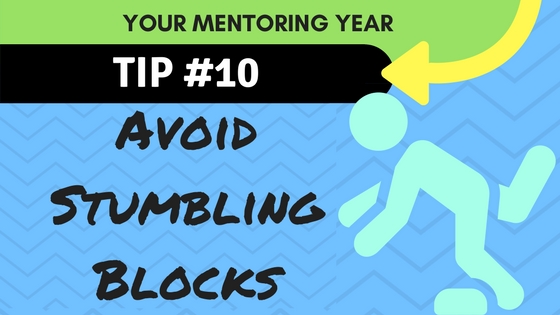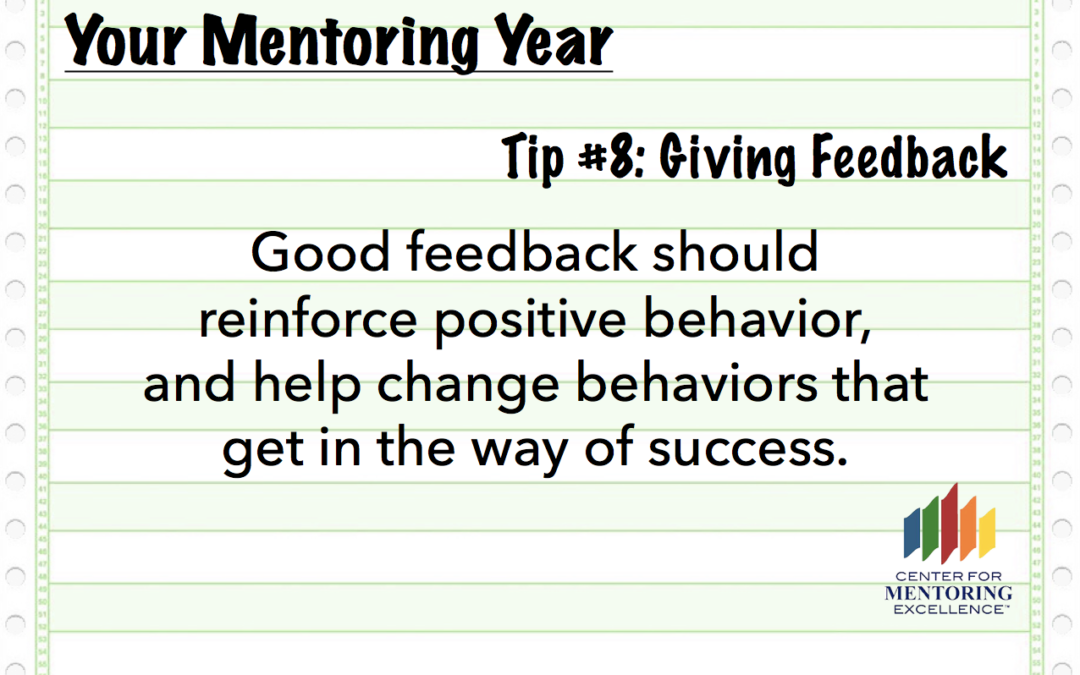by Center for Mentoring Excellence | Mar 19, 2018 | Advice for Leaders, Alignment, Assumption Hunting, Checking Out Assumptions, Facilitating Learning, Goal Setting Conversation, Group Mentoring, Growth and Development, Making Mentoring Work For You, Mentoring Communication, Mentoring Questions, Mentoring Relationships, Mentoring Training, Supporting Mentors and Mentees

Celebrate Success!
How long has it been since you’ve taken a look at the progress you’ve made? As a mentor? As a mentee? In your business? In your personal growth?
We encourage you to take time each quarter with your mentoring partner to celebrate your achievements. What are the demonstrable improvements in outlook, behavior, performance and work satisfaction since your mentoring relationship began? Get specific and outcome-focused. We can’t fully appreciate where we are until we’ve celebrated how far we have come.
by Center for Mentoring Excellence | Mar 5, 2018 | Advice for Leaders, Alignment, Assumption Hunting, Checking Out Assumptions, Facilitating Learning, Goal Setting Conversation, Group Mentoring, Growth and Development, Making Mentoring Work For You, Mentoring Communication, Mentoring Questions, Mentoring Relationships, Mentoring Training, Supporting Mentors and Mentees

Checking in on Goals
How will you know whether or not you’re achieving your goals?
When you get results? Yes. Sometimes that’s the case.
More often the knowing and the awareness of where you are at with your goals lies in the simple, and powerful, action of checking in. You can do this on your own, with a friend, cohort or mastermind and/or with a mentor.
The real work of refreshing your memory and looking at your goals, framing them in your vision, is actually so simple that many overlook it. You won’t when you actively follow this tip.
by Center for Mentoring Excellence | Jan 25, 2018 | Advice for Leaders, Assumption Hunting, Checking Out Assumptions, Facilitating Learning, Goal Setting Conversation, Group Mentoring, Growth and Development, Making Mentoring Work For You, Mentoring Communication, Mentoring Questions, Mentoring Relationships, Mentoring Training, Supporting Mentors and Mentees

One of the biggest stumbling blocks for mentoring pairs is staying on track over the course of the year.
To make sure you avoid this potential trap, make sure you determine how to manage your mentoring time:
How often and how long will you meet?
How will you handle and reschedule cancelled meetings? Consider using an agenda, preparation, and journal as vehicles for maximizing learning. Your schedule holds and organizes your most valuable asset – your time.
For new mentor/mentee relationships, the development of an agreed-upon framework will not only set expectations, but also support focused meeting times so you both get the most out of your time together.
For more experienced pairs, referring back to the framework (or creating a new one) is a great way to a mentoring relationship back on track.
Ready for more? Review the Mentor’s Guide: Facilitating Effective Learning Relationships for more support, insight and tools.

by Center for Mentoring Excellence | Nov 1, 2017 | Facilitating Learning, Growth and Development, Making Mentoring Work For You, Mentoring Communication, Mentoring Relationships, Mentoring Training, Supporting Mentors and Mentees
When we hear the word “feedback,” most of us assume that something is wrong, that we require improvement or that we are going to be criticized.
So, when a mentor says, “Can I give you some feedback?” we brace ourselves. Maybe at best, we approach the message cautiously.
But feedback shouldn’t be feared! Good feedback should identify and reinforce behaviors that contribute positively, while altering behaviors that get in the way. When it comes to feedback, mentees seek confirmation that they are meeting their mentor’s expectations — and they want them to acknowledge it! Starting with praise, and then following with something specific to work on, is a great way to encourage mentees and make them more receptive to feedback.
Here are 6 tips for giving feedback to your mentee.
- Talk about the value of feedback. Let your mentee know to expect it.
- Provide frequent feedback. This ensures your feedback is timely and closely related to the events it refers to.
- Stay balanced. Err on the side of caution. Offer more positive comments than critical comments.
- Be sincere. If positive feedback is forced, it loses value and undermines your credibility.
- Keep it two-way. Feedback should be a conversation, not a lecture. Make sure your mentee is engaged in the conversation. Facilitate a conversation that ensures your mentee understands your input and is motivated to act on your feedback.
- Limit feedback to one or two items your mentee can do something about. Don’t overwhelm them!
At the end of the day, feedback is critical to any mentoring relationship’s success. Making sure mentors know how to give good feedback and mentees know how to receive it are two necessary components of success.
What feedback tips do you have? We’d love your feedback!






